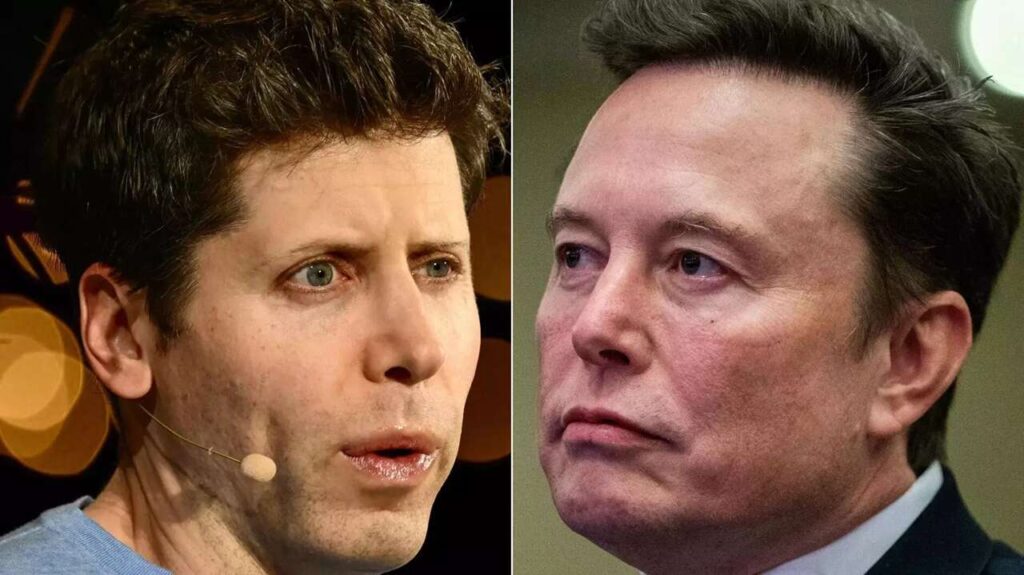In a stunning turn of events, billionaire Elon Musk has offered to buy OpenAI, the company behind ChatGPT, for a massive $97.4 billion. Musk, who co-founded OpenAI in 2015 but left the board in 2018, has been a vocal critic of the company’s shift from a nonprofit to a for-profit model. However, OpenAI’s CEO, Sam Altman, wasted no time in rejecting the offer with a sharp response.
Musk’s Offer: A Bold Move to “Fix” OpenAI
Elon Musk, along with a group of high-profile investors, submitted the $97.4 billion buyout proposal earlier this week. According to sources, Musk wants to bring OpenAI back to its original mission—developing artificial intelligence (AI) for the benefit of humanity, rather than focusing on commercial gains.
The investors backing Musk’s offer include:
- Peter Thiel (Co-founder of PayPal and Palantir)
- Larry Ellison (Co-founder of Oracle)
- David Sacks (Investor and former PayPal executive)
- Steve Jurvetson (Venture capitalist and early Tesla investor)
Musk has repeatedly expressed frustration with OpenAI’s direction. He believes the company has become too focused on profits under Altman’s leadership, straying from its original mission of open-source AI development.
Sam Altman’s Response: “No, Thank You”
OpenAI’s CEO, Sam Altman, quickly dismissed Musk’s proposal. In a direct post on X (formerly Twitter), Altman simply responded:
“No thank you, but we will buy Twitter for $9.74 billion if you want.”
The bold counter-response took social media by storm, with many interpreting it as a direct jab at Musk’s struggles with Twitter (now called X). Since taking over Twitter in 2022, Musk has faced criticism over its financial performance and controversial policy changes.
Why Musk Wants OpenAI Back
Musk has long criticized OpenAI’s transformation into a for-profit entity. He initially supported the company as a nonprofit, believing AI should be transparent and publicly accessible. However, OpenAI later introduced a capped-profit model and secured billions in funding from Microsoft, shifting its focus toward commercial AI products.
Musk has also launched his own AI company, xAI, which he claims is building a “truth-seeking AI”. He argues that OpenAI has become too controlled by Microsoft, raising concerns about monopolization in AI research.
Market Reaction & What’s Next?
Musk’s offer has sparked debate in the tech industry. Some experts believe OpenAI’s rejection signals strong confidence in its current business model, while others see it as a missed opportunity to regain independent control over AI development.
Meanwhile, Microsoft, which has invested over $13 billion in OpenAI, remains a key player in the company’s future. With Altman firmly in charge, it’s unlikely OpenAI will entertain Musk’s offer—or any buyout—anytime soon.
Final Thoughts
This dramatic exchange highlights the growing divide between AI pioneers over the future of artificial intelligence. While Musk wants openness and transparency, Altman and OpenAI seem committed to scaling AI for business and consumer applications.
For now, Musk’s $97.4 billion offer is off the table—but in the fast-changing world of AI, nothing stays certain for long.

